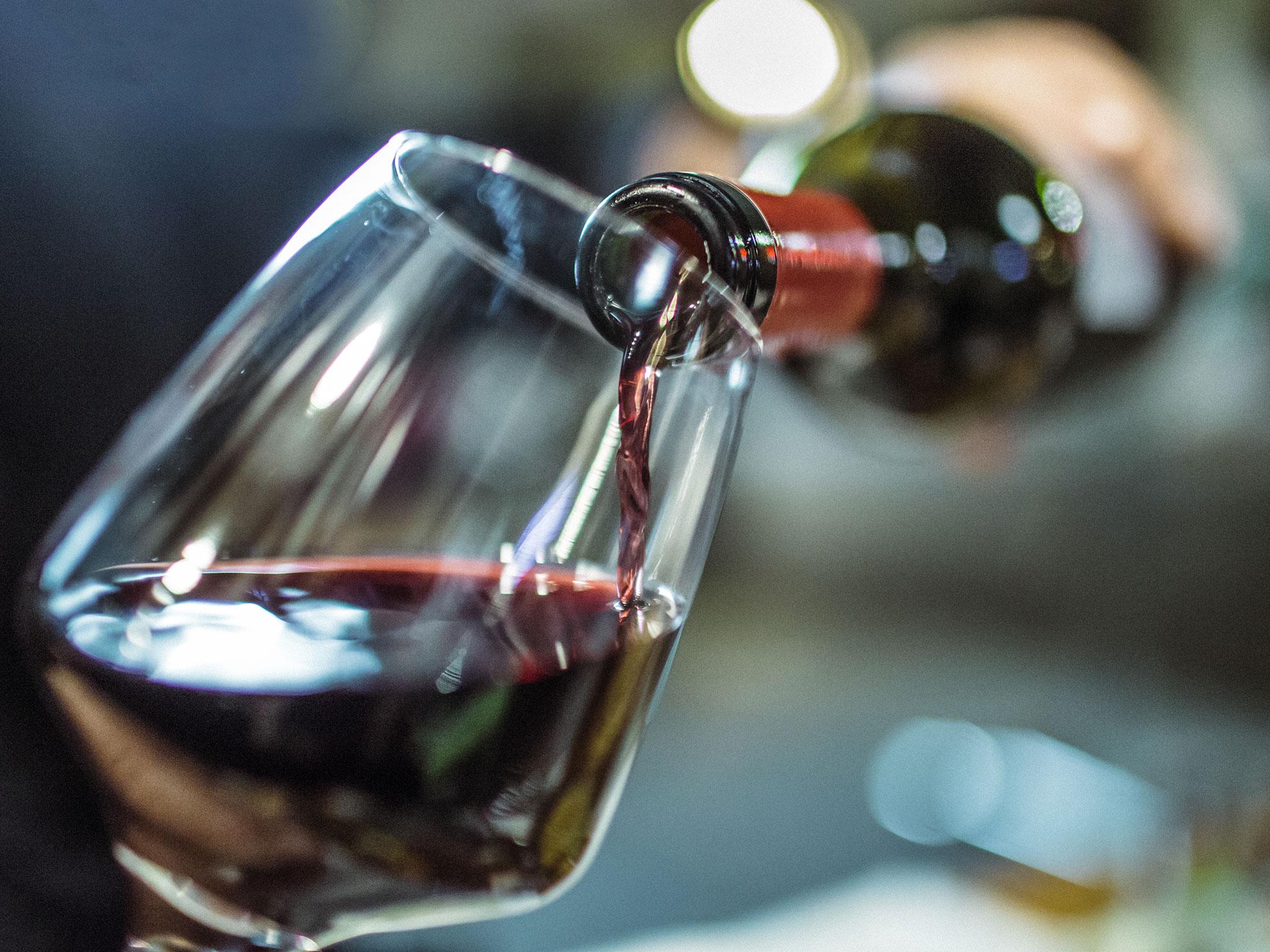Minimum alcohol pricing 'could improve nation's health', says Public Health England report
Despite a recent drop in consumption, people in the UK drink more than in the 1980s and alcohol is now more affordable than ever

A new report has asserted the health benefits of introducing minimum pricing for alcohol as the Government continues to review the measure.
The Public Health England study found policies including setting minimum pricing and tackling how alcohol is marketed by drinks firms could improve the nation’s health.
There are one million hospital admissions relating to alcohol each year, it said, and half of these occur in the lowest three socio-economic groups.
Despite a recent drop in consumption, people in the UK drink more than in the 1980s and alcohol is now more affordable than ever.
The study pointed to evidence which shows that “setting a minimum price for alcohol can reduce alcohol-related harm while saving healthcare costs.”
In 2012, the Scottish Parliament passed legislation to introduce a 50p per unit minimum price for alcohol.
This was challenged by the Scotch Whisky Association and is the subject of an ongoing legal case.
Reacting to the review, a Downing Street spokesman said: “What this report shows is that clearly abuse of alcohol can cause significant health problems, but no-one wants to interfere with the rights of adults who want to enjoy a drink responsibly.
“The issue of minimum unit pricing is under review while we await the outcome of the court case in Scotland.”
The report said one province in Canada, which had put a 10 per cent increase on minimum prices for alcoholic drinks, saw the consumption of beer cut by 10 per cent.
There was a 22 per cent cut for high-strength beer, 5.9 percent for spirits and 4.6 per cent for wine.
The report said deaths due to drinking have risen, particularly for liver disease which has increased more than four-fold since 1970.
It added that more working years of life are lost in England as a result of alcohol-related deaths than from more than 12 types of cancer combined.
The review examined the role of advertising and marketing, pointing to comprehensive research which shows that “the self-regulation of marketing by the alcohol industry is ineffective”.
It said sales of alcohol in England and Wales have increased by 42 per cent since 1980, from roughly 400 million litres in the early 1980s, with a peak at 567 million litres in 2008, and a subsequent decline.
“This growth has been driven by increased consumption among women, a shift to higher strength products, and increasing affordability of alcohol, particularly through the 1980s and 1990s.”
Most alcohol is now bought from shops and drunk at home.
While consumption has declined in recent years, levels of abstinence have also increased. It is therefore unclear whether drinkers are drinking less than before, or whether the total number of people not drinking at all has just gone up.
Professor Sir Ian Gilmore, chairman of the Alcohol Health Alliance UK, said: “This report provides yet more evidence of the effectiveness of raising the price of the cheapest alcohol to tackle alcohol-related harm.

“Increased duty on the cheapest drinks, alongside minimum unit pricing, would make a real difference to the lives of some of our most vulnerable groups and ease the burden on our health service.
“These measures would also lower the burden of premature mortality due to alcohol, thereby increasing economic output.
“At the same time, ordinary drinkers will not be penalised. Minimum unit pricing will leave pub prices untouched, and tax on the cheapest, strongest drinks will be targeted at those drinks which are preferentially consumed by harmful and dependent drinkers.”
Henry Ashworth, chief executive of the Portman Group, which represents the drinks industry, said: “This lengthy report does not contain any new policy ideas, nor does it fully reflect the significant declines in harmful drinking in the last decade.”
He said alcohol consumption in the UK peaked in 2004, not 2008 as suggested in the report.
Mr Ashworth added: “Official government statistics show significant declines in binge drinking, harmful drinking, underage drinking, alcohol-related crime, drink-driving and declines in alcohol-related hospital admissions among the under-18s and under-40s. This indicates alcohol policy is on the right track and is consistent and proportionate.
“This report makes outdated, unjustified and incorrect assumptions about the regulation of alcohol marketing in the UK, including failing to acknowledge the existence of codes that govern alcohol sponsorship. In the UK there is a comprehensive, joined-up system of self-regulation that ensures alcohol is not marketed to children or promoted in an irresponsible way.
A plan to introduce a minimum price of 45p per unit of alcohol was shelved by the coalition government three years ago.
But the Public Health England report suggest a minimum price per unit would be effective because it “is a highly targeted measure which ensures tax increases are passed on to the consumer and improves the health of the heaviest drinkers”.
Additional reporting from Press Association
Join our commenting forum
Join thought-provoking conversations, follow other Independent readers and see their replies
Comments